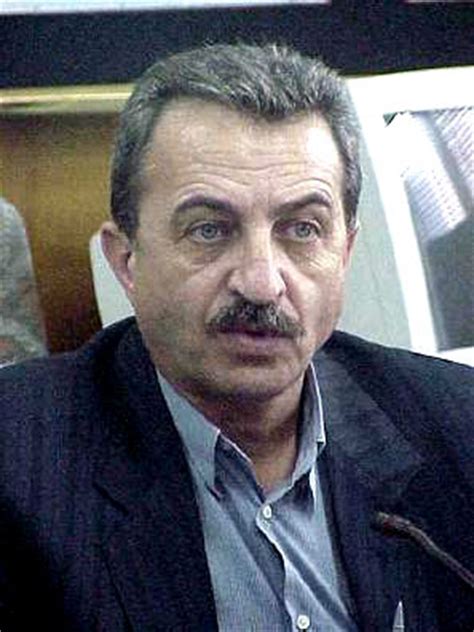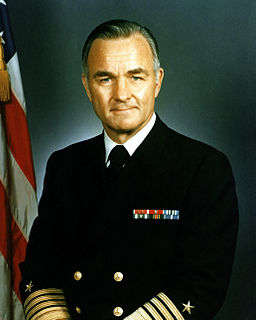A Quote by Vladimir Putin
In 2009, US President [Barack] Obama said that the missile defense only serves as protection from Iranian nuclear missiles. But now there is an international treaty with Iran that bans Tehran from developing a potential military nuclear project.
Related Quotes
We have a crisis in nuclear weapons, and again, thanks very much to the Democrats: Bill Clinton, who removed us from the Anti-Ballistic Missile Treaty framework for nuclear disarmament, and then Barack Obama, who created a trillion-dollar budget for us to spend on a new generation of nuclear weapons and modes of delivery.
Iran's Supreme Court has issued a fatwa against the development of nuclear weapons. President [Hassan] Rouhani has indicated Iran will never develop nuclear weapons. I've made clear that we respect the right of the Iranian people to access peaceful nuclear energy in the context of Iran meeting its obligations.
I have traveled many times outside Iran, and have discussed the issue [of the Iranian nuclear project]. I have been asked for my opinion and that of the Iranian Jewish community, and I have always emphasized that the Iranian people has the right to obtain nuclear technology and energy for peaceful purposes. The Iranian people must not give up this right under any circumstances - and indeed, it will not.
As far as U.S. intelligence knows, Iran is developing nuclear capacities, but they don't know if they are trying to develop nuclear weapons or not. Chances are they're developing what's called 'nuclear capability,' which many states have. That is the ability to have nuclear weapons if they decide to do it. That's not a crime.
It is clear that there are reasons for discontent in Iran - economic and political reasons. We have told the Iranian leadership repeatedly that the country's economic recovery can ultimately only succeed through greater international economic cooperation. And the precondition for that is not only that Iran refrain from developing nuclear weapons, but also that Iran's role in the region become far more peaceful. We have offered to finally hold true negotiations and talks on that issue.
What is the only provocation that could bring about the use of nuclear weapons? Nuclear weapons. What is the priority target for nuclear weapons? Nuclear weapons. What is the only established defense against nuclear weapons? Nuclear weapons. How do we prevent the use of nuclear weapons? By threatening to use nuclear weapons. And we can't get rid of nuclear weapons, because of nuclear weapons. The intransigence, it seems, is a function of the weapons themselves.
Take a lesson from President Obama, and don't go around Congress. When given the opportunity to work with lawmakers on the Iran nuclear deal and the Paris climate agreement, Obama chose to forgo the hard fight of treaty ratification and instead ruled by executive order. And now the United States is party to neither pact.
Certainly, the JCPOA was not a perfect agreement. It did not deal with the threat from Iranian missiles, or their support for violent extremism. And it contains a 'sunset clause,' meaning it expires after a decade. But it was accomplishing the one goal it set out to achieve: stopping Iran from developing nuclear weapons.
Congress has a limited role in regards to the nuclear agreement with Iran. We do have a review statute that was enacted into law where we review Iran's compliance with the agreement, and we have certain requirements on the President to keep us informed. What we have seen so far is that Iran is in compliance with the nuclear part of the agreement, but certainly has violated non-nuclear issues.
At 2:26 AM on 3 June 1980, Colonel William Odom of the Strategic Air Command alerted National Security Advisor Zbigniew Brzezinski that the US nuclear warning system had detected an imminent 220-missile nuclear attack on the US. Shortly thereafter, the automated system revised its projection from 220 missiles to an all-out attack of 2200 missiles. Just before Brzezinski was about to wake up President Carter to authorize a counterattack, he was told that the 'attack' was an illusion caused by 'a computer error in the system'.































